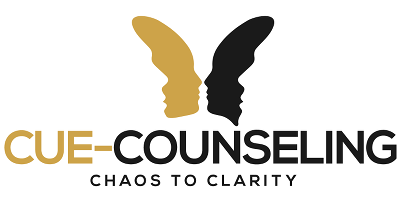Why Do Certain Situations Still Trigger You?
Have you ever reacted strongly to something, even though you know it “shouldn’t” bother you? Maybe you feel fear, anger, or defeat, despite understanding the situation logically.
These intense emotional responses are often trauma triggers—unresolved pain from the past still impacting your present. Trauma therapy aims to uncover and heal those inner wounds.
What Is Trauma, Really?
Trauma is more than just a reaction to extreme events like war or assault. It can also stem from chronic emotional neglect, verbal abuse, or long-term stress. Here’s what you should know:
-
Trauma is the emotional wound, not just the event itself.
-
It can develop over time or result from a single experience.
-
Children and adults alike can carry trauma into adulthood.
-
Trauma can shape your identity, behavior, and relationships.
-
It often feels like a “burn” on your nervous system—easily inflamed by specific triggers.
As trauma expert Gabor Maté says:
“Trauma is not what happens to you; it is what happens inside you as a result.”
Types of Trauma Therapy That Help You Heal
Thankfully, there are science-backed therapies designed to help you recover, process painful memories, and reclaim your peace.
1. EMDR (Eye Movement Desensitization and Reprocessing)
-
Helps patients reprocess traumatic memories using bilateral stimulation (eye movements or buzzers).
-
Mimics REM sleep to change the brain’s response to distressing memories.
-
Used globally for PTSD, abuse, and complex trauma recovery.
2. RTM (Reconsolidation of Traumatic Memories)
-
A newer, research-backed treatment for PTSD and trauma.
-
Uses visualizations to reduce the emotional charge of traumatic memories.
-
Often completed in as few as three sessions, with low relapse rates.
3. Talk Therapy and Vulnerability
-
Trauma can make vulnerability feel unsafe—but it’s essential for healing.
-
Speaking your truth, especially when it’s uncomfortable, helps build self-trust and emotional resilience.
-
Supportive therapy allows you to feel seen, heard, and understood—often for the first time.
Vulnerability: The Gateway to Recovery
Many trauma survivors avoid vulnerability because it feels dangerous. But being open about your pain—even just a little—can begin the healing process.
Small steps like admitting when you’re overwhelmed or asking for help can open the door to transformation. Vulnerability is not weakness—it’s courage in motion.
Your Trauma Doesn’t Define You—And It Can Be Healed
Trauma may have shaped your life, but it doesn’t have to control your future. With the right help, you can:
-
Regain control of your emotions
-
Build healthier relationships
-
Improve your self-worth
-
Feel safe in your own body
-
Live a more peaceful, fulfilling life
Trauma therapy exists to support your healing. You don’t have to carry these burdens forever.
Final Thought: Start Where You Are
You don’t need to have it all figured out. Healing is a journey, and it starts with a single decision—to try.
Therapy won’t erase your past, but it can transform your present. And that transformation might be the most important gift you ever give yourself.
